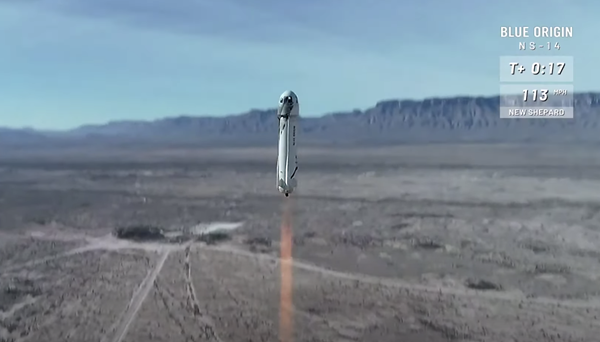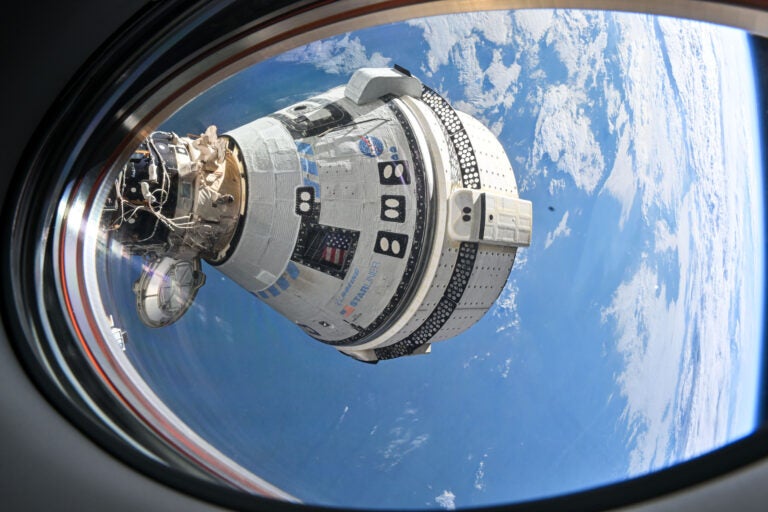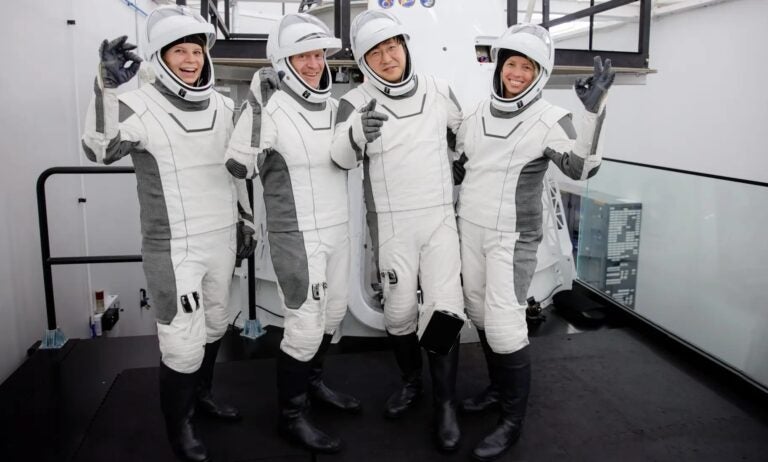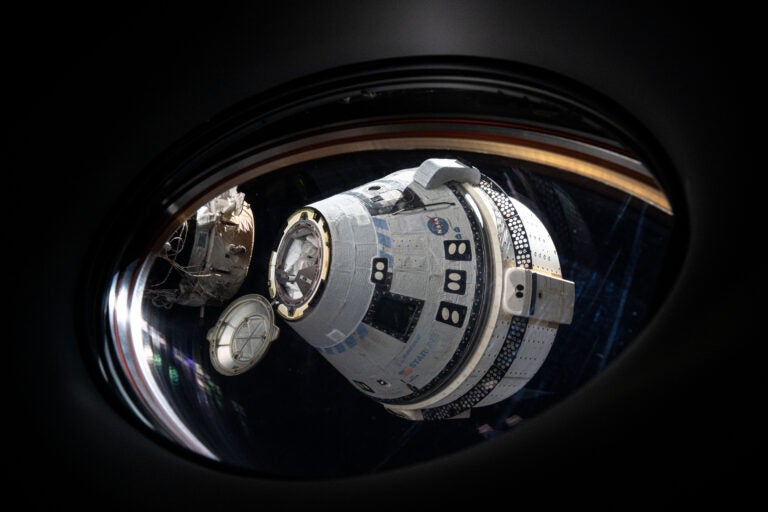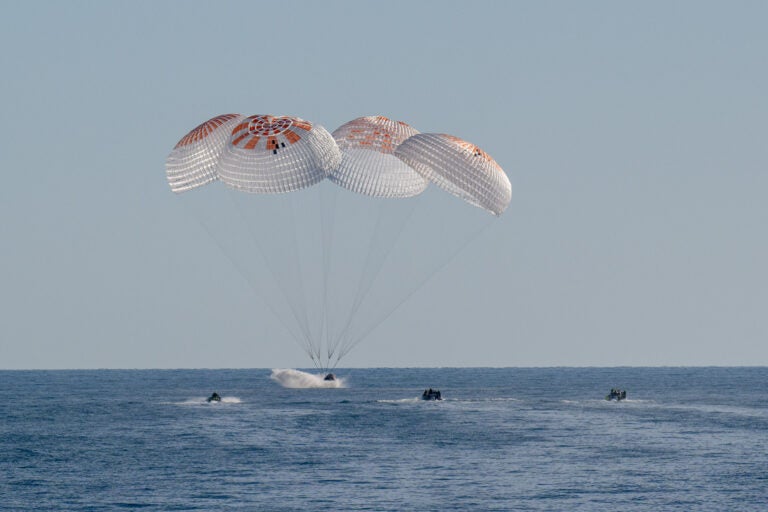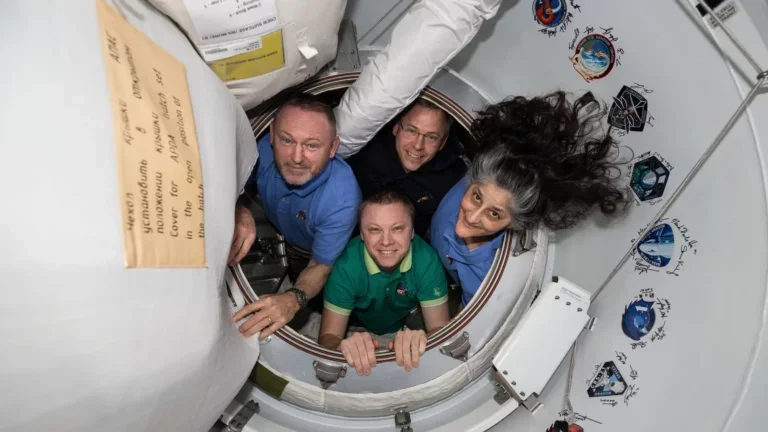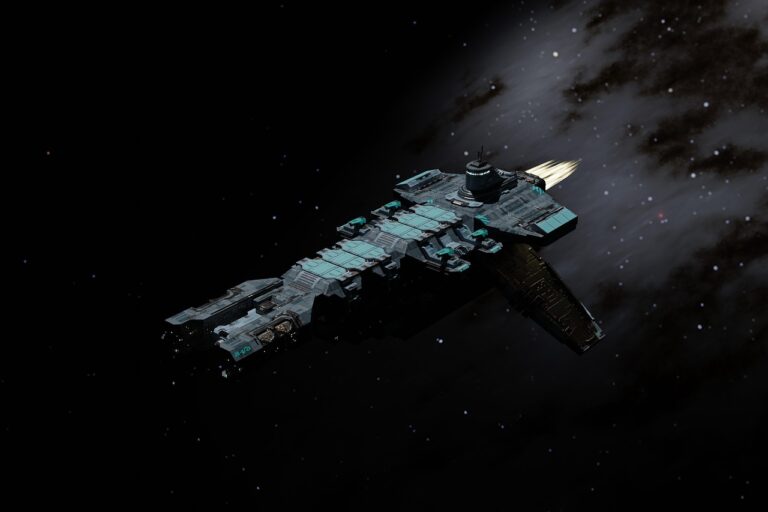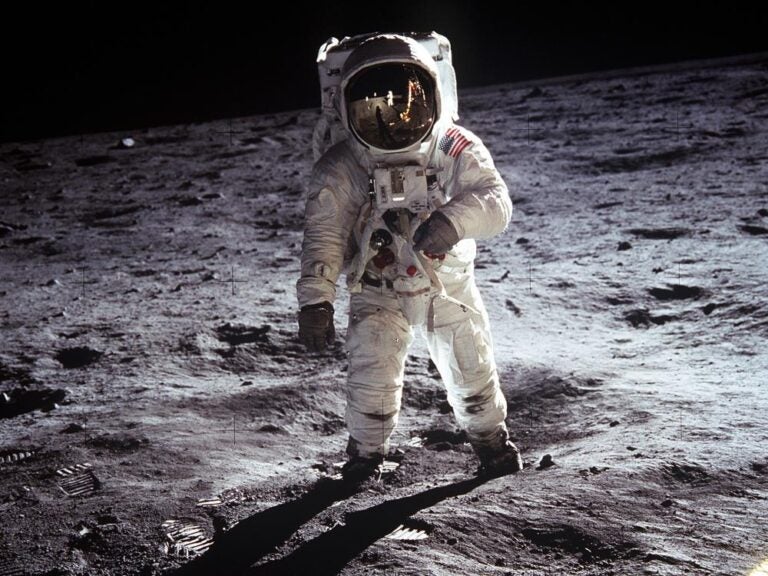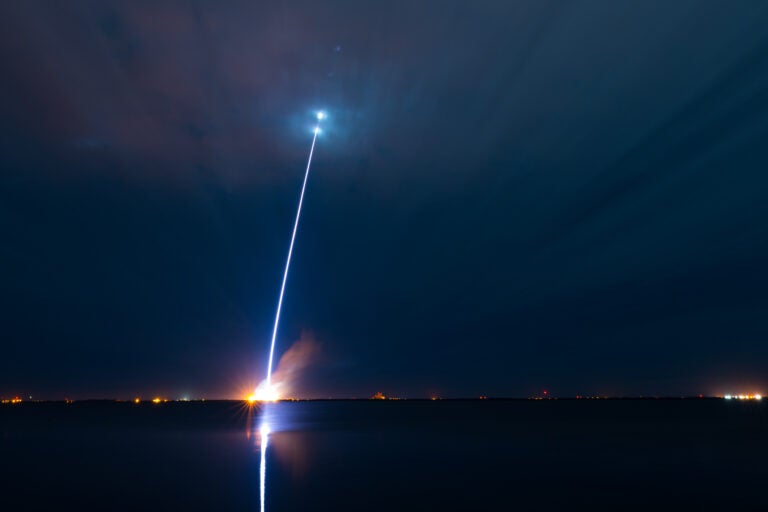Out in the deserts of West Texas, Blue Origin — a private aerospace company founded by Jeff Bezos in 2000 — successfully launched and landed their New Shepard rocket on January 14. The company has their sights set on using the reusable rocket system to fly commercial passengers to suborbital space beginning as early as April 2021. But before that can happen, Blue Origin’s New Shepard must complete a few more uncrewed test flights.
During yesterday’s test, the rocket — carrying a capsule outfitted with six passenger seats and a test dummy named “Mannequin Skywalker” — launched without a hitch, quickly climbing into the sky. After the capsule and the rocket separated, the capsule continued its journey upward until it reached an altitude of more than 65 miles (105 kilometers), eventually making its way back down to Earth.
As for the rocket itself, its landing went just about perfectly. As the rocket plummeted from the sky, it deployed its drag fans to slow its decent before reigniting its boosters to bring it to a hover just above the ground. After a few tense seconds of floating only feet above the landing pad, New Shepard softly touched down in its proper upright position. The capsule, slowed by three parachutes, safely landed nearby.
This was the 14th successful test of Blue Origin’s New Shepard suborbital rocket. By carrying people and equipment into suborbital space within the year, New Shepard hopes to directly compete with Virgin Galactic’s suborbital spaceplane, SpaceShipTwo, which hopes to send founder Richard Branson on the first commercial spaceflight as early as this spring.

